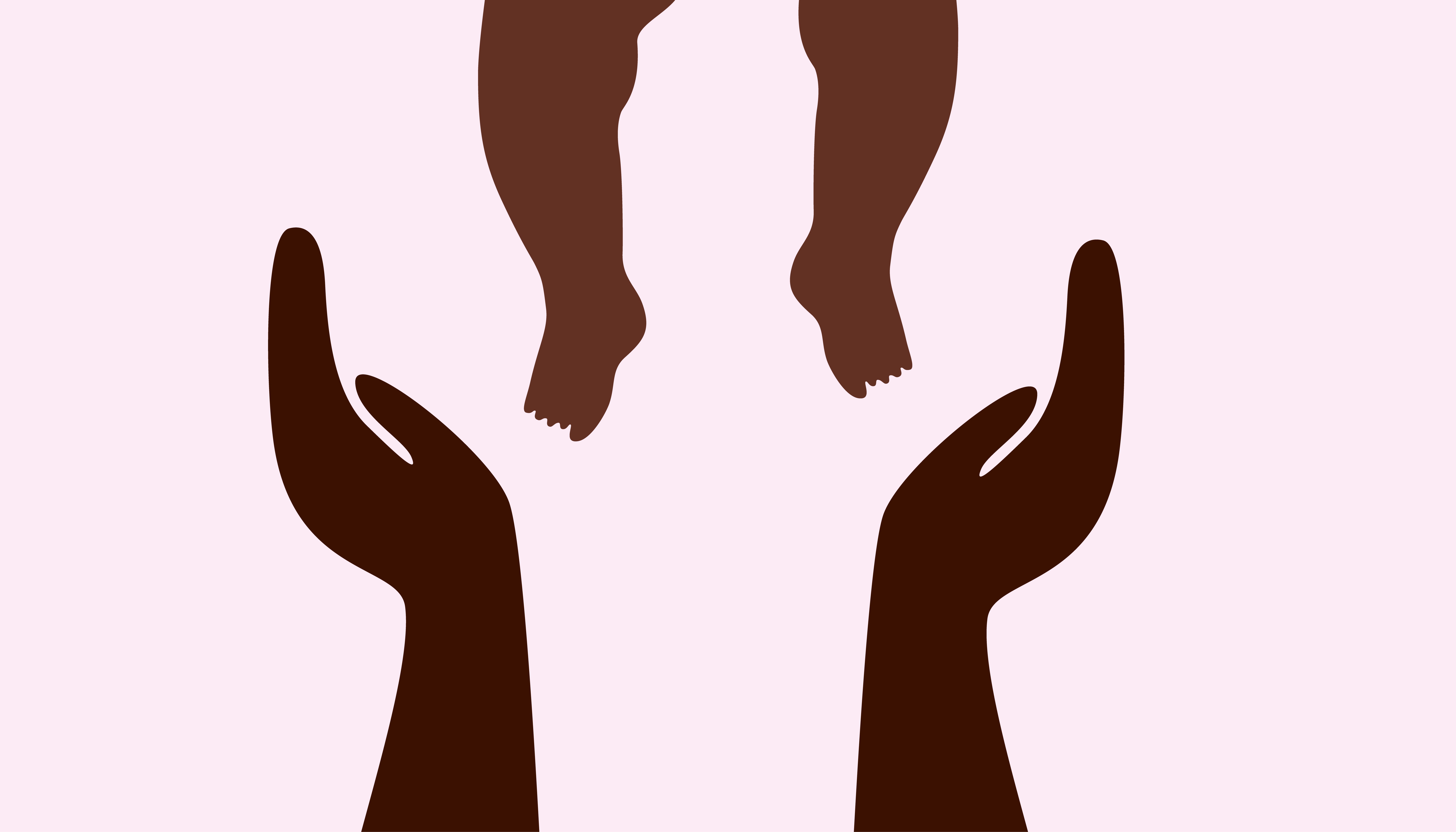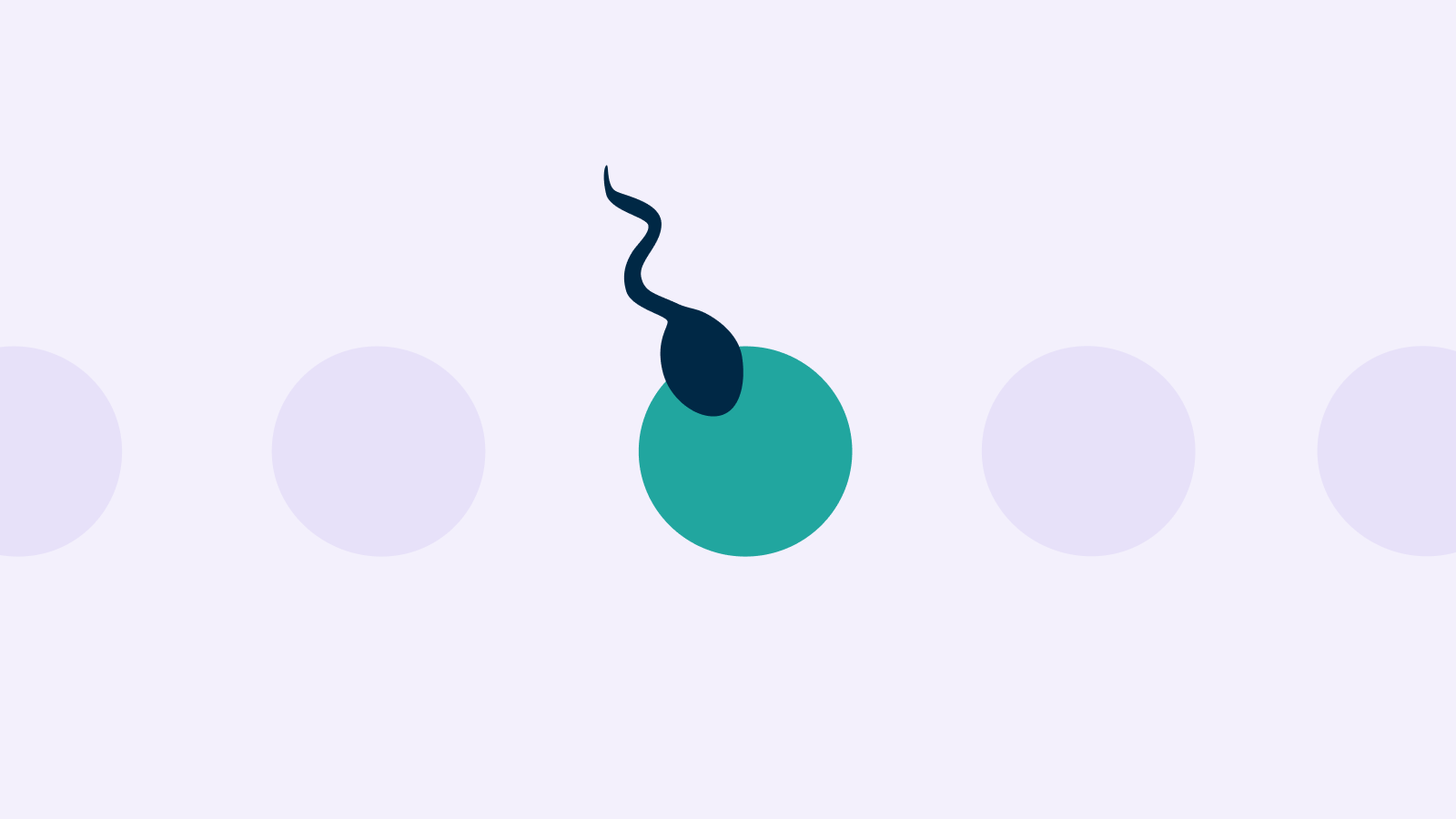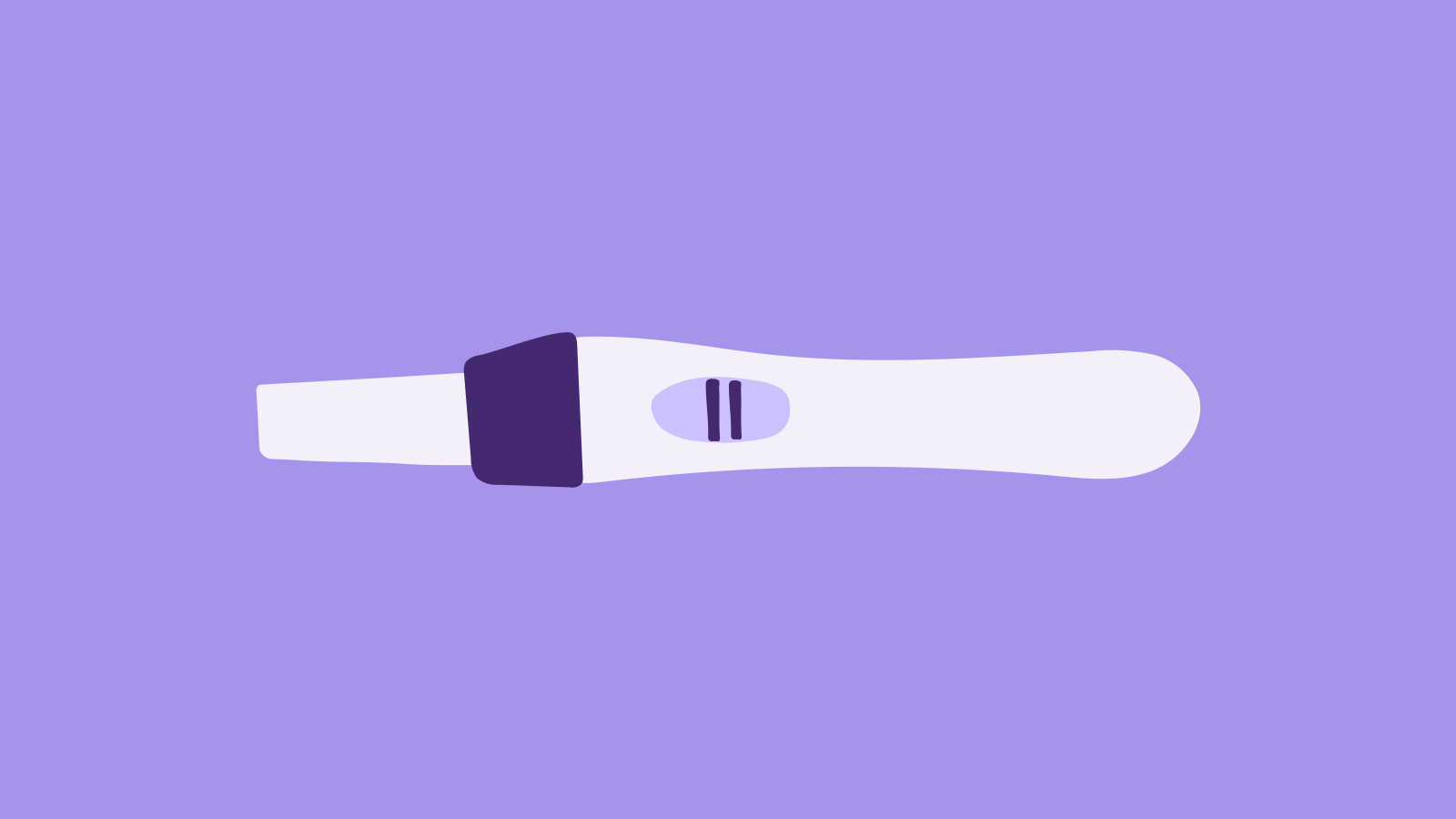More and more women are choosing to start a family later in life. The average age of first-time mothers in Europe is now 29. There’s no ‘best’ age to have a baby, and there can be both advantages and disadvantages to having a baby at a later age.
‘It’s good to be aware of any risks and ways to prevent them,’ says Dr Rosen. ‘But focusing too much on potential problems can lead you to worry when you don’t need to.’
‘There’s already a huge amount of anxiety around pregnancy and birth. In reality, if you’re generally in good health, there’s a good chance that you’ll have a straightforward pregnancy and a healthy baby,’ she says.
What happens to the body and fertility with age?
Every woman is born with a lifetime supply of eggs in her ovaries. ‘Starting from puberty, the eggs are used until they run out, simply speaking.
‘The quality of the eggs deteriorates over time, but to what extent really varies from person to person. Some people get pregnant easily at 40 while others struggle at 30. But generally speaking, fertility starts to decrease around the age of 35.’
What are the risks of having a baby after 35?
It's important to remember that everyone's pregnancy is different, no matter your age. Most pregnancies lead to healthy babies, but there are some risks that can increase with age.
We know that our risk of certain health issues naturally increases as we age, but getting pregnant can increase some of them further. To account for this, you’ll be screened for high blood pressure and gestational diabetes. In most cases, these issues can be successfully treated or controlled.
‘There are also studies that show increased risk for preeclampsia, premature birth, a low birth weight, miscarriage, chromosomal abnormalities and stillbirth with age.
‘When weighing up your options, it’s worth considering these risks. It can also be worth knowing that if you choose IVF, you’re more likely to need an egg donor when you’re older, which again increases the risk for high blood pressure and preeclampsia.’
The chance of having difficulties while giving birth can also rise with age, so you may need a little more help during labour. ‘The risk of tearing increases slightly as our body tissues lose elasticity as we age. You’re also more likely to have to be induced, require a caesarean section or need other interventions.’
I’m worried about miscarriage and chromosomal abnormalities – is this normal?
Many people feel anxious about the possibilities of miscarriage and chromosomal abnormalities when they’re trying to get pregnant. While it’s true that the risk of miscarriage increases after the age of 30, it starts out very small – around 10% for mothers aged 25 to 29.
‘The increased risk of miscarriage is a result of the lower quality of eggs,’ says Dr Rosen. ‘Chromosomal abnormalities are linked to this too. You might choose to have screening tests to measure your risk of these problems. Some tests are also performed as routine.
‘It’s a good idea to think about what a potential high-risk result would mean to you before you have those tests. If you’re not sure what kinds of tests you’d like done, or if you’re struggling to process the results you get, a doctor will be able to support and advise you.’
What are the benefits to having children after 35? How do I know when I’m ready?
‘There’s been a shift in our behaviour across the western world, which is why more people are choosing to start a family later in life. We may take gap years, study more, prioritise careers, and many people meet their life partners at a later age. As a result, from some perspectives, life can be more stable when you have a child later on,’ says Dr Rosen. ‘Some studies suggest that these children have certain advantages. But if you’re waiting for everything to be perfect, you might never feel ready.
‘Fertility peaks around the age of 25, but there’s no best age to have a baby. From a fertility perspective, if you’ve met someone you want to have children with, it’s wise not to put it off. If you’re unsure, talk to a doctor about your options.’
‘I also think it’s important to emphasise that no one ever feels entirely ready to become a parent.’
What can I do to increase my chances of having a baby after 35?
There could be many reasons why some people struggle to conceive, from fertility issues in either partner to lifestyle factors. About half the time, the male reproductive system contributes to the issues. But there's usually no one simple answer.
There are some habits that both partners can adopt to help create the best chances of conception. ‘Stop smoking, cut down on alcohol, get some exercise and make sure you eat a well-balanced diet,’ says Dr Rosen. Both partners maintaining a healthy weight can also help increase the chances of conception and minimise risks once you do get pregnant.
‘A lot of caffeine will lower your chances of getting pregnant and can increase the risk of miscarriage, so cutting down is a good idea.
It’s also a good idea to take 400 micrograms of folic acid daily, from before conception right through the first 12 weeks of pregnancy. This is to reduce the risk of any developmental issues in the early weeks.
‘Speaking to a doctor to check that you’re generally well can also be worthwhile. Get your thyroid function checked, as an imbalance can impact your chances of getting pregnant, and it’s something that can be easily treated.’
All this said, lectures about exactly what to do and what not to do can just increase your stress levels, which can negatively impact your chances of conception. The main thing is to look after yourself.’
What can I do if I’m struggling to conceive?
‘The vast majority of people who want to have a baby do so eventually,’ says Dr Rosen. Doctors can help if you're worried about conceiving.
‘In around 70% of infertility cases, we can figure out the underlying cause. A doctor’s recommendations will depend on the cause of your reduced fertility.
'Everything from irregular ovulation and sperm quality to difficulty having penetrative sex can add to problems with conceiving,’ says Dr Rosen. Conditions like endometriosis and polycystic ovary syndrome (PCOS) are other common explanations, and eating disorders can play a role too.
‘Sometimes helping the sperm get to the uterus is enough, and sometimes we need to boost the lining of the uterus to help it hold on to a fertilised egg. Other times we turn to IVF,’ says Dr Rosen.
The different treatments available to you depend on where you live, so a doctor or gynaecologist will be able to talk you through your options.
What should I do to support myself and my baby when I do get pregnant?
‘Exercise, eat well and keep taking folic acid – but don’t panic if you forget. Most people get everything they need from their diet,’ says Dr Rosen.
Many women worry about the impact of exercise, but research has shown that regular, moderate exercise is safe and can even reduce the risk of gestational diabetes.
‘There are lists of things you shouldn’t eat or do, and it’s good to be aware of those, but the bottom line is to focus on taking care of yourself,’ says Dr Rosen.
Whether you’re pregnant or trying to fall pregnant, a doctor can help with discussing your options and healthy lifestyle changes.
This article has been medically approved by Dr Elisabeth Rosen, a medical doctor at Livi who specialises in gynaecology and obstetrics.


